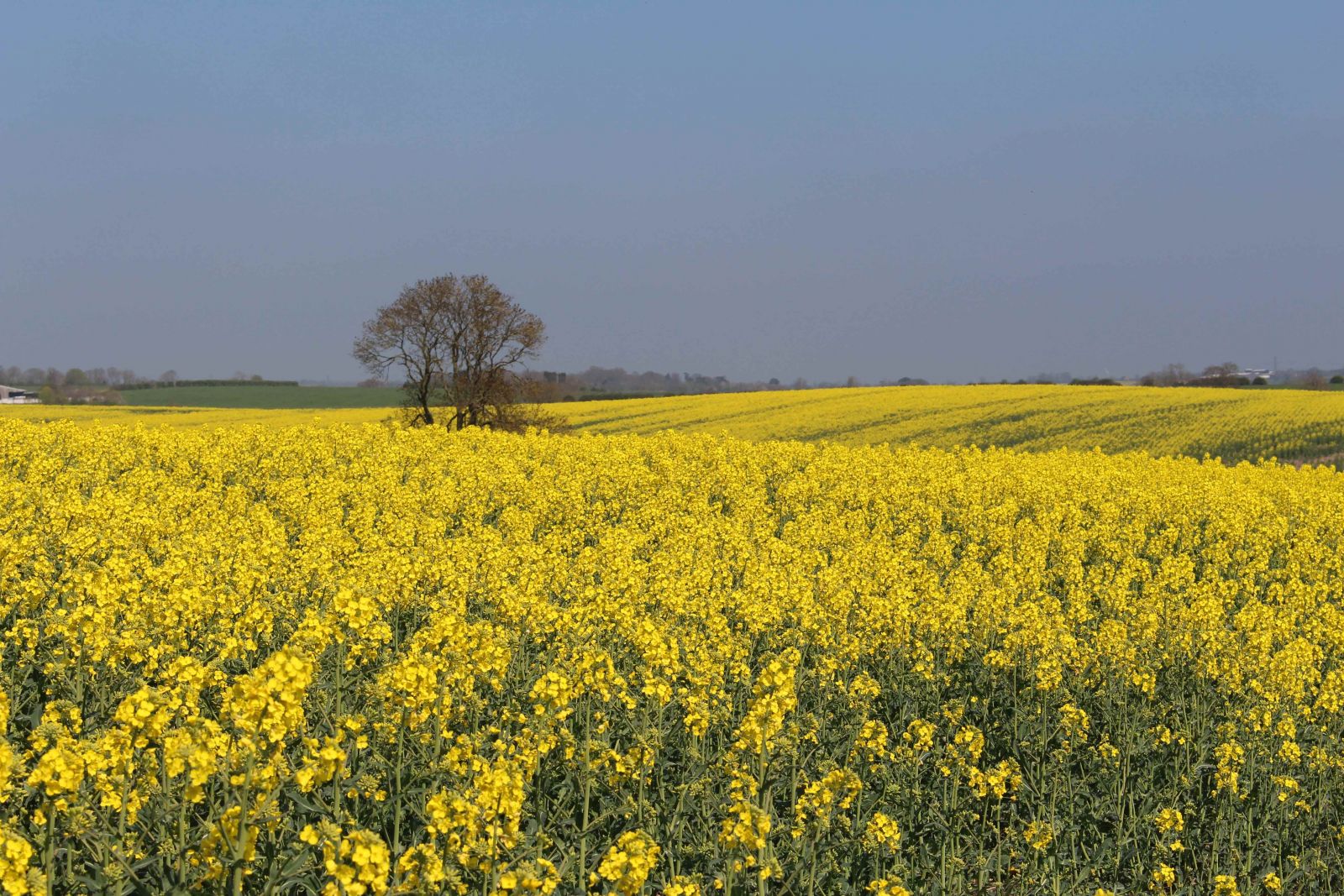
UK Agrochemical regulation post-Brexit can benefit food production, trade and the environment
4th January 2017On 3 January, Dr Colin Ruscoe, President of the British Crop Production Council (BCPC), addressed an Oxford Farming Conference audience on ‘Crop protection regulation: threats and opportunities post-Brexit’.
“Last month, Andrea Leadsom, Secretary of State for Defra, said, ‘Food security and trading are incredibly important; we want to be growing, selling and exporting more food’. And even before the Brexit vote, the agri-food sector was advocating reversal in the decline in the UK’s self-sufficiency, increasing farming’s productivity, exports, competitiveness and profitability. This included a call for science to be applied to the regulation of crop protection products,” said Dr Ruscoe.
“The objective of the post-Brexit crop protection product regulation must be to provide safe, effective products, whilst enabling export of agricultural products to EU and elsewhere. It should maintain or improve human safety and environmental standards, and facilitate both Integrated Pest Management (IPM) and resistance management. We can get real benefits from ‘Brexit’ for UK food production by maximising science-based, proportionate decision-making, whilst achieving harmonisation with global authorities to facilitate trade within and outside the EU”.
Dr Ruscoe argued that the UK should adopt a fully risk-based approach to product registration, involving US EPA-style practices, and simplified procedures for minor uses, bio-pesticides and other ‘low risk’ products. We should remove the EU’s unscientific ‘hazard-based’ assessments and the associated ‘Candidates for Substitution’ and ‘Comparative Assessment’ processes and, particularly, political interference in the regulatory process. Instead, the importance of the UK Chemicals Regulation Division’s (CRD) current approach – open communication, stakeholder consultation and training, should be emphasised.
“Risk assessment-based registration can support a sustainable range of safe crop protection products, essential if farmers are to both grow more food and improve environmental protection without taking more land for cultivation. And it can underpin future UK regulation without prejudice to EU and global trade. It therefore deserves full support from Defra, CRD – and from environmental organisations,” said Dr Ruscoe.
Note for Editors:
Dr Ruscoe was invited to present BCPC’s view on “Crop protection regulation: threats & opportunities post-Brexit” by BASF, whose Farm Network includes independent farmers, organizations for environmental protection, universities, research institutes, and companies providing farming innovations.

